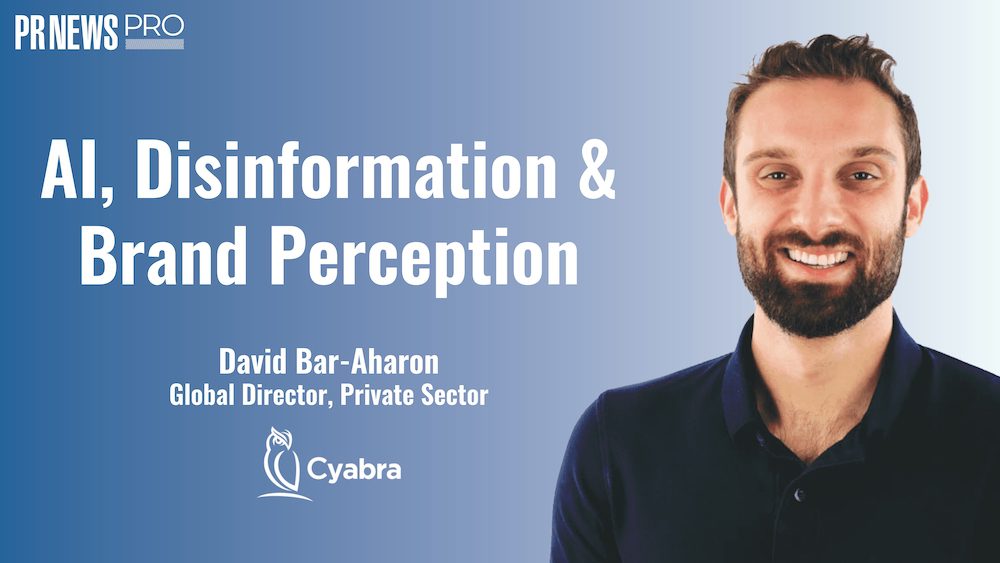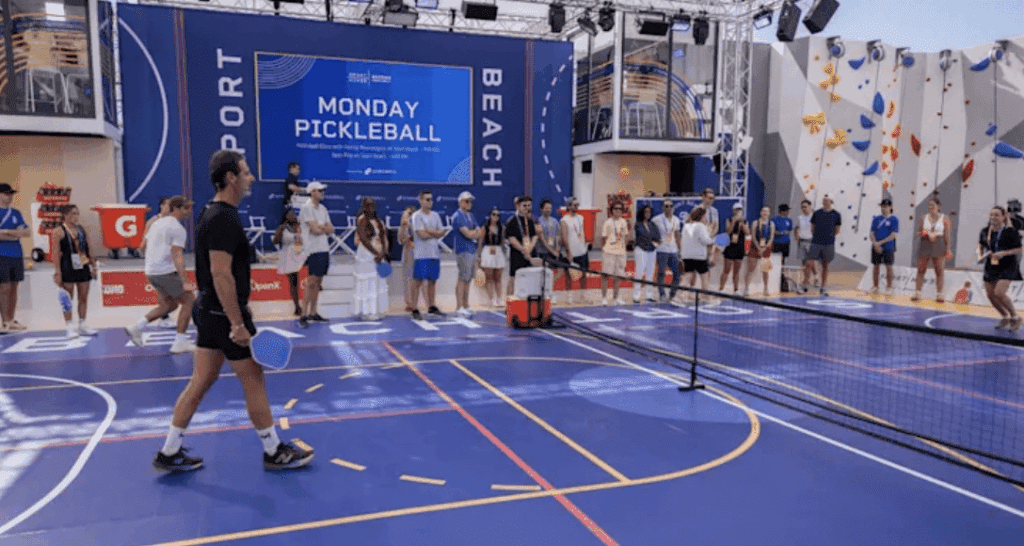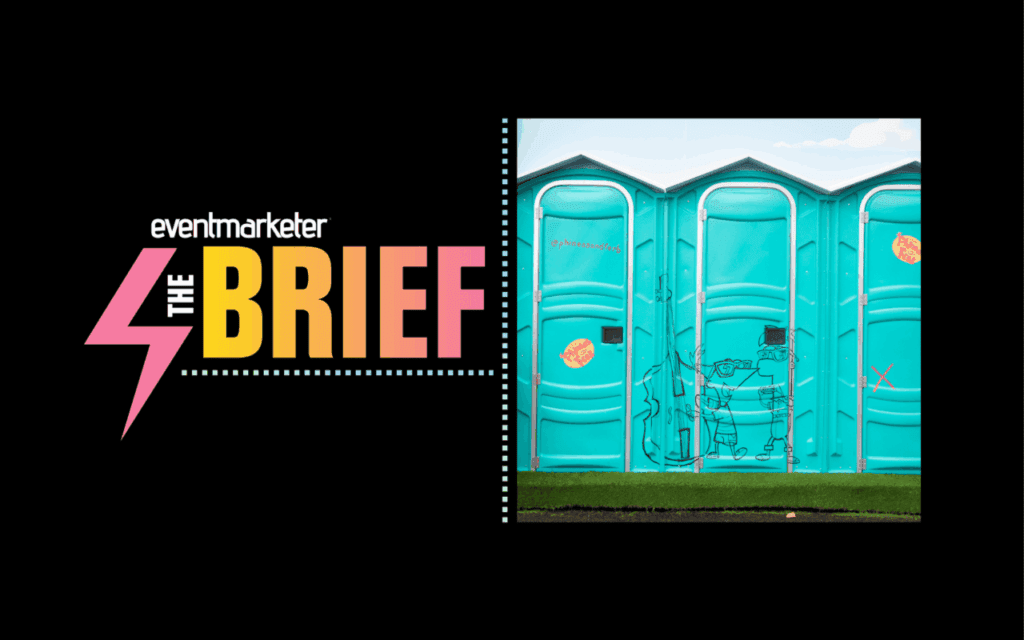This CD-ROM Is a Cherry . . . Coke Some technology-infused promotional options deliver high-perceived-value to consumers at low-ball costs to marketers. Take, for instance, Fusion 5’s Lost Island of Alanna promotion for Cherry Coke.
“Cherry Coke isn’t among the top five soft drink brands, so it doesn’t get huge marketing support,” says Patrick Meyer, president of the Westport, CT-based Fusion 5. “We studied their profile and told them they needed to create a brand mythology. They needed to get teens talking to each other about Cherry Coke.”
A mythology is what Cherry Coke got, in the form of The Lost Island of Alanna, a CD-ROM game that sends players on a quest through the world of a fictional Mesopotamian culture. Starting in April, Cherry Coke distributed one million copies of Alanna through inserts in magazines such as GamePro, at record and game stores, and on a road tour of experiential sampling trucks. Kids spend as much as $70 on CD-ROM and video games, so they eagerly snapped up free copies of Alanna. Meanwhile, Cherry Coke’s costs added up to a few hundred thousand dollars for development of the game plus about 45 cents a copy.
Cherry Coke marketers made a shelf link with the game by imprinting labels of 20-oz. bottles with arcane symbols that are used in the Alanna game. Players who make it to the end of the game enter a vault where the meaning of the symbols is revealed. Armed with this secret knowledge, they can then decipher secret fortunes on the bottles and under bottle caps. No largesse is awarded outside of the CD-ROM itself.
“Drinking Cherry Coke is doing something different. With Alanna, we created a world that was different, and we weaved brand messages into that world,” says Meyer.
Fusion 5 also set up a Web site and chat room for Lost Island of Alanna players, forcing the objective of getting teens talking about the brand. Product movement was also ramrodded, since players buy an average of 10 to 12 bottles of Cherry Coke each to get symbols needed to complete the game.
“Every company has a Web site, but teenagers today are way past that. They’re so far beyond everyone in the cyber-world,” notes Meyer, whose agency specializes in the teen and young adult markets.
‘Direct Marketing on Steroids’ “The opportunity for one-to-one marketing on the Internet is tremendous, but no one has cracked the nut,” says Modem Media creative director Tom Beeby. Then he adds, “We think we’ve done it.”
Beeby is talking about a new service from his Westport, CT-based interactive marketing agency called TNToaster, a combination banner ad placement and database system that Modem Media claims gives clients the ability to tailor offers – and even site locations – to individual Web surfers.
“This system gives total control to marketers on the Web,” says Beeby. “They can send out different sell approaches to different people, find out what’s working and kill the others. They can change the colors, change the offer. They can say, ‘Mr. X hasn’t clicked on this in five visits. Let’s sweeten the deal.’ It’s direct marketing on steroids.”
Modem Media tested TNToast last winter in an Olympics promotion for AT&T. Banner ads led Web surfers to AT&T’s site to collect interactive trading cards of Olympic athletes. Each time a consumer collected a new card, he or she received an entry into a drawing for tickets to the next Olympics. TNToast allowed AT&T to track which cards were collected by which individuals. During the promotion, a participant might have been scanning selections on CDNow.com and seen a banner ad saying, “You still need two more cards to complete your Olympic set. Click here and go to the AT&T trading room.”
Consumers could do deals in the trading room with people all over the world, reinforcing AT&T’s positioning as the leader in global communications.
“Response rates were about 35 times the industry average,” claims Beeby. “People almost never didn’t click on the banner ads.”
Modem Media operates TNToast with a small staff through a third-party server. The software that drives the system was developed by Cupertino, CA-based IMGIS.
Internet Gamepieces -Fantastic! Having a Web site with awesome Shockwave games and killer prizes is all well and good. Bottom line is, you still have to get people to the site, and printingyour URL in agate type on the bottom of your package just doesn’t cut the mustard.
To promote its new Internet access service and baseball-branded browser, MCI, a sponsor of Major League Baseball, distributed 1.3 million static-cling, Mylar gamepieces to fans attending games at 13 ballparks. For chances to win tickets to this year’s World Series and next year’s All-Star Game, the piece instructed the fans to punch up www.mcibaseball.com on their computers, click to the contest screen, and stick the gamepiece over a special blue field. A message then appears on the game piece announcing “You’re a winner!” or “Sorry, you lost.”
The Magic Internet Decoder, as it’s called, is hardly high-tech, but sometimes complex systems beg for simple partners to function in the workaday world. Atlanta-based Promo Unlimited holds a patent on the decoder, which is marketed by Fantastic Marketing Resources, Inc., also of Atlanta.
Shelf Talker, Meet Shelf Scanner Marketing technology may knock your socks off, but its worthless if it’s too pricey to reach the masses.
The Speakstakes machine from Philadelphia-based Data Display Systems is one with high sock-knocking value at a price that enabled 7Up to place it in 4,000 supermarkets for a recent promotion. Speakstakes employs a patented photo-transistor scanning head to read coded game cards and respond with anywhere from three to 10 audio messages. Units, which can be made in any shape, size, or form, run between $75 and $200 apiece.
Marketers who’ve used the device have delivered game cards via direct mail, in-packs, or magazine inserts. “It’s a great traffic-builder, because people have to bring the cards to the store to see if they’ve won,” says Data Display Systems president Bob Levitt. “Prize fulfillment can either be immediate at checkout or by mail response.”
Speakstakes does data capture, too. Machines are mailed back to the supplier after the promotional period is up, and memory chips are downloaded to reveal participants. Even consumers who received game cards in magazines can be identified, says Levitt, through linkage with subscription codes.
Buick and Goodyear will soon launch Speakstakes promos, each spanning 3,000-plus locations.
It’s a Card Party Remember reading all those magazine articles 15 years ago about the future cashless society? Well, the electronic cash card has arrived, and it looks like the promotion industry will be carrying its bags.
A consortium of seven financial companies including MasterCard, Citibank, and Novus are partners in Mondex USA, which is currently testing a “smart card” with several merchants on Manhattan’s Upper West Side and at four Burger King locations on New York’s Long Island.
Consumers purchase the cards by inserting cash or debit cards in vending machines and loading cash value (usually in small amounts) onto the electronic cash cards. At the cash register, consumers themselves insert the cards into magnetic scanners, which deduct the amount of the transaction.
Question is, why would consumers take the time to stick a 10-spot into a machine to get another card they have to shove somewhere else when they could just hand the tenner to the burger jockey in the funny hat?
That, Mondex USA spokeswoman Janet Otsuki confesses, is what her company is trying to find out. And it looks like the answer is, “extra goodies.”
Burger King customers who purchase cards at the test restaurants receive one loyalty point for every dollar spent. Ten points returns a free breakfast value meal, 15 a Whopper, and 20 a regular value meal.
“We think rewards are what will do it,” says Otsuki. “We want to see how loyalty programs will affect usage.”
Cash-a-Cola Coca-Cola knows exactly how to win the hearts of consumers during the summer soft drink promo blitz: Pay them off. And technology has provided Coke a cash delivery system more seamless than MagiCans.
For the second consecutive summer, the brand has partnered with MasterCard to place ATM cards in 2.2 million packages of Coke (out of a total distribution of 1.5 billion). Every card is a winner, paying out either $20, $40, or $100 at 140,000 MasterCard/Cirrus cash machines nationwide.
It’s an elegantly simple application of commonplace technology. Coca-Cola simply opens a prize account with MasterCard and closes it when the promotion deadline expires. Winners are all instructed to use the PIN number that spells, “Always.”
The cards can also be used to activate buy-one-get-one free offers on Coke products and discounts on tickets to amusement parks, movie theaters, and sporting events.
The Digital Conversation Complex technology can make simple response mechanisms, and that can add up to powerful promotion. Interactive telephone systems not only eliminate the need for entry forms and stamps, they also make it possible for marketers to make good on an old threat: creating dialogs with their best customers.
Taubman Mall Properties malls in the Washington, DC, area began talking to shoppers this year with an interactive program called Shopper Rewards, an execution of the Smart Spiffs program administered by St. Petersburg, FL-based Phoneworks.
After making purchases at participating mall stores, shoppers received peel-off gamepieces instructing them to call a toll-free number to learn if they’ve won instant prizes and to register points redeemable for catalog prizes. As part of the registration process, they use their phone keypads to enter information such as interests, shopping habits, and addresses. Shoppers who respond that they like to cook, for example, could receive a direct mail offer from the Williams-Sonoma store in the mall. And appeals could be customized to them when they call the toll-free number, because the smart phone system identifies who’s calling by his or her phone number.
“It allowed the stores in these malls to talk to these people directly more than once a week when they’re at the mall,” notes Phoneworks president Brad Wendkos.
Push-Button Promoters Today’s time-poor, self-absorbed consumer is much more apt to respond to an offer if it means punching a few buttons. That’s why you’ll see kiosks being put to more and varied uses in the coming years.
Riverside Technologies of Wilton, CT, is about to import a kiosk program it ran for New Zealand’s professional rugby league. When buying tickets, fans received lenticular trading cards picturing rugby stars that could be inserted into kiosks at stadiums for instant win prizes of game tickets, licensed merchandise, or concessions. Captured personal information was then used by the league to build a core-fan database.
Riverside is now shopping the program to professional sports leagues in the U.S. One idea is to make it an electronic ballot box for all-star selection and build a database to create a club loyalty program.
Kiosks that help consumers make purchase decisions – especially with retail’s high labor turnover – will soon be more prevalent, too. The ChoiceMaster kiosk from Beverage Marketing Technologies in Katonah, NY, uses a touchscreen to help shoppers make informed beverage selections. A consumer can touch “Food Matches,” enter the type of entree being served and a desired price point, and receive a printout of suggested wine selections.
The company is testing kiosks in 200 stores, including A&Ps, Walgreens, and Krogers. A number of spirit and mixer brands are testing ads and promo offers on the machines.
 Network
Network

